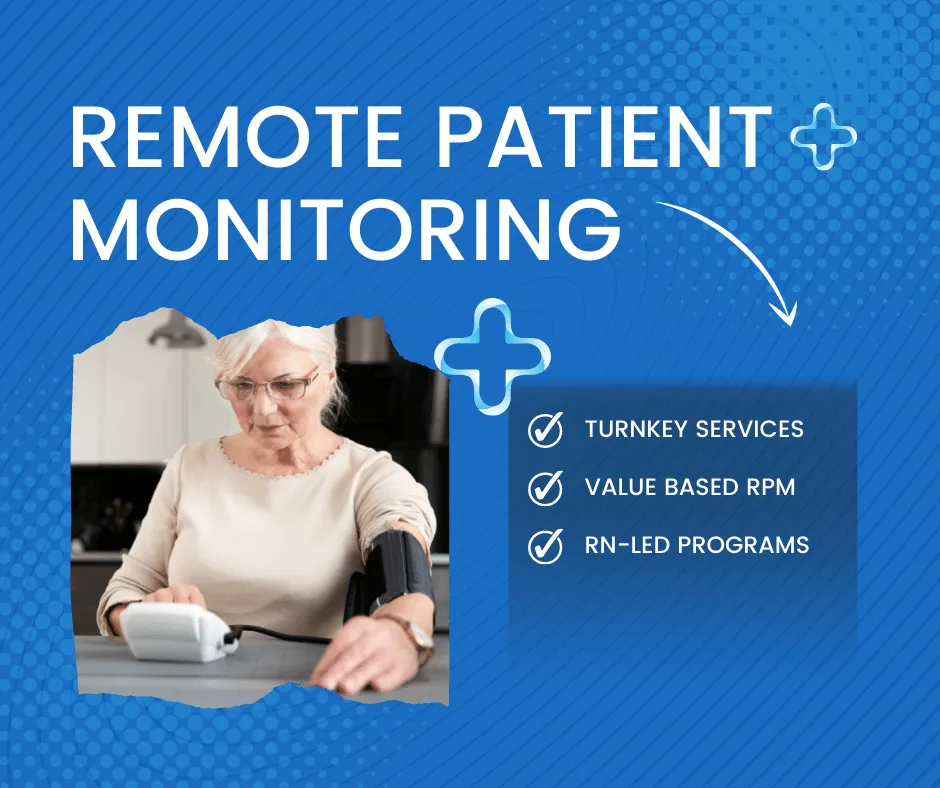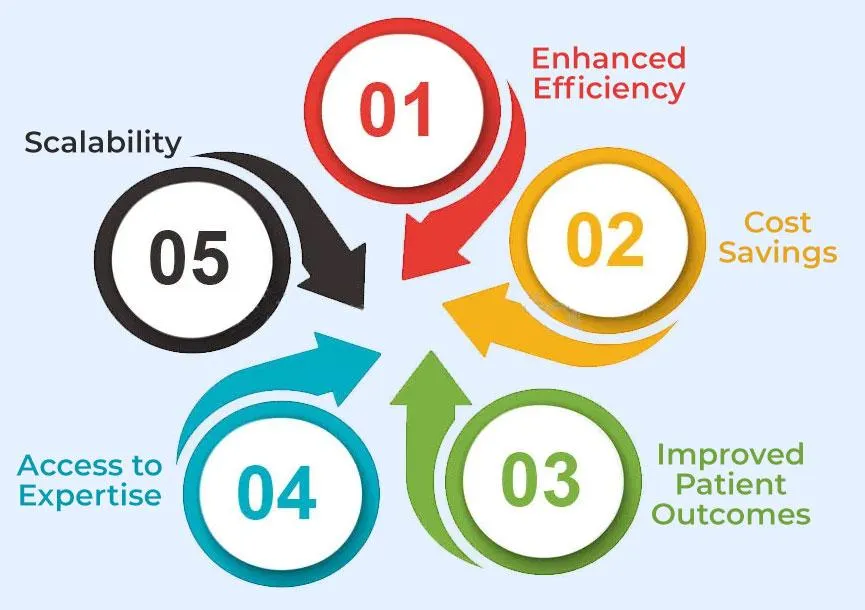
Overview of Turnkey Outsourced Management in Hospitals
Turnkey outsourced management encompasses a wide range of services tailored to meet the unique needs of healthcare organizations. Providers typically handle everything from initial planning and implementation to ongoing management and support. Key areas often covered include:
Patient Monitoring : Implementing remote patient monitoring (RPM) systems that track patient health metrics in real-time, improving outcomes and reducing hospital readmissions.
Operational Management : Overseeing day-to-day operations, including staffing, scheduling, and resource allocation, to enhance efficiency and reduce costs.
Regulatory Compliance : Ensuring that all hospital operations meet necessary accreditation standards and regulatory requirements.

Overview of Turnkey Outsourced Management in Hospitals
Enhanced Efficiency : By outsourcing specific functions, hospitals can reduce operational burdens, allowing staff to concentrate on patient care rather than administrative tasks. This leads to improved workflow and better resource utilization[1][5].
Cost Savings : Turnkey solutions often result in significant cost reductions through economies of scale and reduced overhead associated with maintaining in-house capabilities. Providers can leverage bulk procurement strategies, leading to lower supply costs[4][5].
Improved Patient Outcomes : With dedicated teams managing patient monitoring and care coordination, hospitals can achieve better adherence to treatment plans and proactive management of chronic conditions, ultimately enhancing patient satisfaction[1].
Access to Expertise : Partnering with specialized providers brings in-depth knowledge and experience that may not be available internally. This expertise ensures that best practices are followed in clinical care and operational management[3][5].
Scalability : Turnkey solutions offer flexibility, allowing hospitals to scale services up or down based on demand without the need for extensive internal restructuring[4].

Implementation Process
The implementation of turnkey outsourced management typically follows several key steps:
Assessment and Planning : The provider conducts a thorough analysis of the hospital's needs, identifying areas for improvement and outlining a tailored management plan.
Integration : The provider integrates their systems with existing hospital processes, ensuring a smooth transition while minimizing disruptions to patient care.
Training and Support : Ongoing training is provided for hospital staff to familiarize them with new systems and processes, alongside continuous support from the provider's team.
Monitoring and Evaluation : Regular performance evaluations are conducted to assess the effectiveness of the outsourced services, allowing for adjustments as needed to meet evolving healthcare demands.
Consulting
Hospital Turnarounds
Troubled Supplier Advisory
Performance Improvement
Healthcare Reform
Crisis Management
QUICK LINKS
Home
About Us
Contact Us

We provide digital marketing services for Hospitals, Doctors & Dentists ranging from web development and SEO to PPC advertising and social media optimization.
Copyright 2010-2024 ©Hospital Turnaround, Inc. All Rights Reserved.
